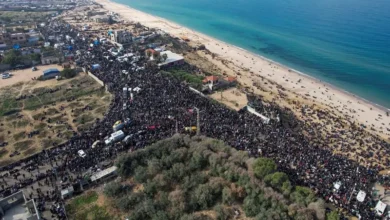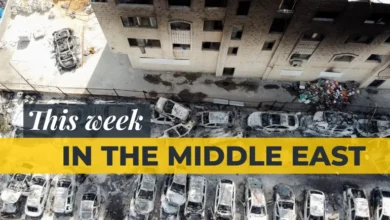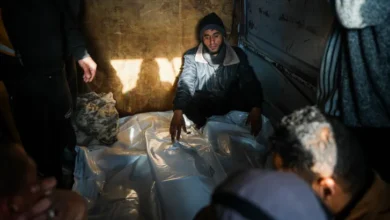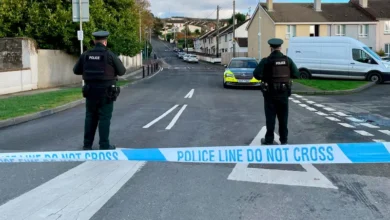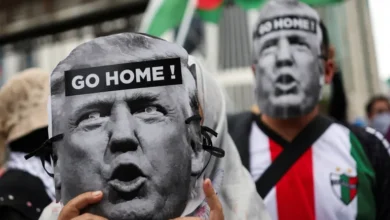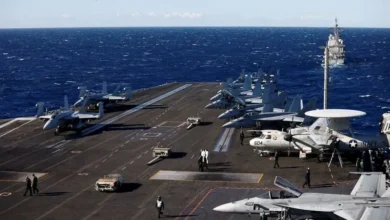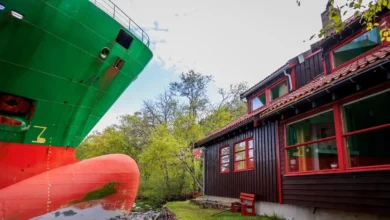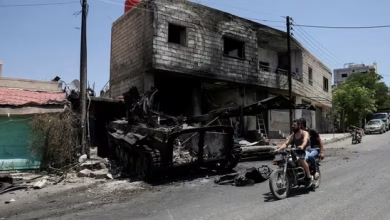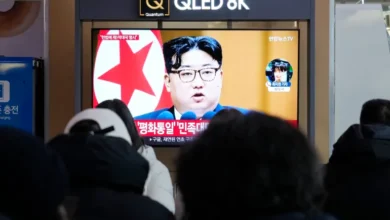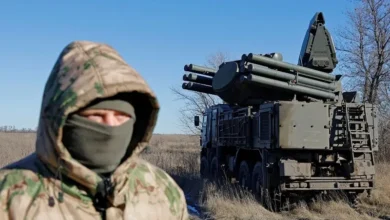Israel kills Hassan Nasrallah in Beirut: What does this mean for Hezbollah?
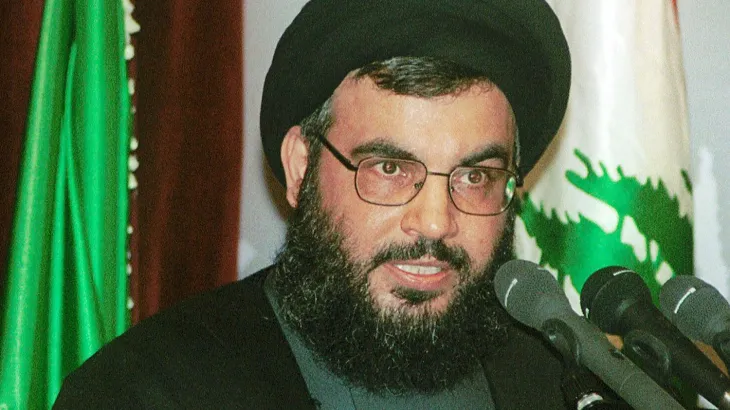
Hezbollah’s leader for the past 32 years, Hassan Nasrallah, has been killed in an Israeli air strike on Lebanon’s capital Beirut on Friday evening.
Ali Karki, the commander of Hezbollah’s southern front, and other Hezbollah commanders were also killed in the massive air attack on Beirut’s southern suburb of Dahiyeh, the Israeli military claimed.
Just more than a week ago, Israel also killed senior Hezbollah commander Ibrahim Aqil in Beirut. These events come just two months after Hamas’s political bureau chief, Ismail Haniyeh, was killed by Israel in Iran.
The deaths of Nasrallah and other leaders in these unprecedented attacks on Lebanon and during the mass detonation of pagers and handheld radios belonging to Hezbollah commanders earlier this month have left the group facing a potential power vacuum.
Israel has claimed this as a huge victory, but observers fear an escalation in the conflict between Israel and Iran, backs Hezbollah. So what will happen next?
Hezbollah (Party of God in Arabic) is an Iran-backed group formed in 1982 to fight Israel’s occupation of southern Lebanon. It finds most of its support among Shia Muslims.
Nasrallah reached the peak of his popularity in Lebanon and beyond in 2006 after a war with Israel. His speeches, which combined political and religious elements, also contributed to his widespread appeal.
Critics, however, have also viewed Nasrallah as a leader of a Shia party fighting for Iranian interests, particularly after he sent fighters to help crush a 2011 uprising in Syria against Iran’s ally, President Bashar al-Assad.
Since Israel’s war on Gaza began in October 2023, Nasrallah has given televised speeches extending support for Hamas, while Hezbollah has exchanged cross-border missiles with Israel. In his last speech on September 19, he addressed the pager attacks in Lebanon.
What do we know about Israel’s attack on Nasrallah?
- On Friday evening, Israel carried out a wave of air raids on the densely populated Haret Hreik neighbourhood in Dahiyeh, southern Beirut. These continued through to early on Saturday, forcing thousands of residents to flee the area.
- On Saturday, Israeli forces said they had targeted Hezbollah’s headquarters and killed Nasrallah.
- Following hours of speculation, Hezbollah confirmed Nasrallah’s death.
- At least 11 people were killed and 108 wounded in the attacks, according to Lebanon’s Ministry of Public Health.
- Israel media says about 85 so-called “bunker-buster” bombs were used in Friday’s attack. Also known as “ground penetration munition”, these missiles burrow deep into the ground before they detonate and weigh between 2,000 to 4,000 pounds (900-1,800kg) each. The Geneva Convention has outlawed their use in densely populated areas. Dahiyeh is a densely packed Beirut neighbourhood, and the Israeli missiles flattened multiple residential buildings.
Who will succeed Nasrallah and how will this be decided?
Hezbollah’s seven-to-eight-member shura council is expected to convene to decide who will now lead the party.
Hashem Safieddine, head of Hezbollah’s executive council, is believed to be among the choices as the group’s new secretary-general.
As executive council head, Safieddine oversees Hezbollah’s political affairs. He also sits on the Jihad Council, which manages the group’s military operations, and is Nasrallah’s maternal cousin.
Following Israel’s recent pager explosions, Safieddine said Israel had initiated a “new confrontation” and the response to the attack would be a “special punishment”.
How has Hezbollah responded to the latest attacks?
In a statement on Saturday, in which it confirmed the death of Nasrallah, Hezbollah said it would continue its military operation in support of Gaza and the defence of Lebanon.
It launched five rocket attacks into northern Israel following the announcement that Nasrallah had been killed, according to Al Jazeera correspondent Imran Khan, reporting from Marjayoun, Lebanon.
